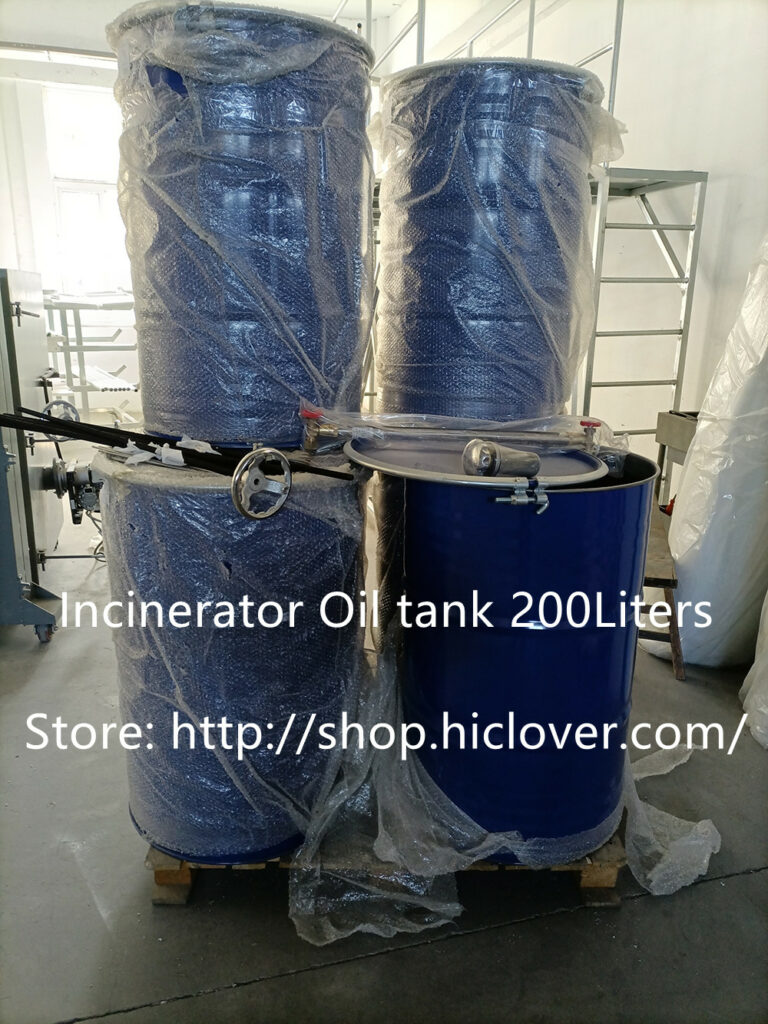Solid waste is a growing concern for many communities around the world, as the amount of waste generated continues to increase. While most people are aware of the basics of solid waste management, there are some surprising facts about solid waste that many people may not know. Here are five surprising facts you didn’t know about solid waste.
1. The Average American Produces Over 1,600 Pounds of Solid Waste Each Year
One surprising fact about solid waste is just how much waste the average person produces. According to the Environmental Protection Agency (EPA), the average American produces over 1,600 pounds of solid waste each year. This includes everything from food scraps and packaging to electronics and household items. This staggering amount of waste highlights the need for better waste management and recycling efforts.
2. Solid Waste Can Generate Electricity
While many people think of solid waste as just garbage, it can actually be a valuable resource for generating electricity. Through a process called waste-to-energy, solid waste can be burned to produce steam, which then powers turbines to generate electricity. This method of solid waste management helps to reduce the amount of waste sent to landfills while also producing a renewable source of energy.
3. Solid Waste Can Contaminate Groundwater
Another surprising fact about solid waste is its potential to contaminate groundwater. When solid waste is deposited in landfills, the organic matter in the waste decomposes and produces leachate, a liquid that can contain harmful chemicals and pollutants. If not properly managed, leachate can seep into the ground and contaminate groundwater, posing a threat to human health and the environment.
4. Landfills Are the Third Largest Source of Methane Emissions
One surprising fact about solid waste is its contribution to greenhouse gas emissions. According to the EPA, landfills are the third largest source of methane emissions in the United States. Methane is a potent greenhouse gas that is 25 times more effective at trapping heat in the atmosphere than carbon dioxide. To address this issue, many landfills now capture and convert methane emissions into energy through processes like landfill gas-to-energy.
5. Plastic Waste Takes Hundreds of Years to Decompose
Plastic waste is a major component of solid waste, and one surprising fact about plastic is how long it takes to decompose. While some types of plastic never fully decompose, others can take hundreds of years to break down. This means that the plastic waste we generate today will continue to impact the environment for generations to come unless effective waste management and recycling programs are put in place.
These surprising facts about solid waste serve as a reminder of the importance of responsible waste management and recycling practices. As we continue to generate more waste, it is crucial to find sustainable solutions to reduce, reuse, and recycle our solid waste to minimize its impact on the environment and public health.



